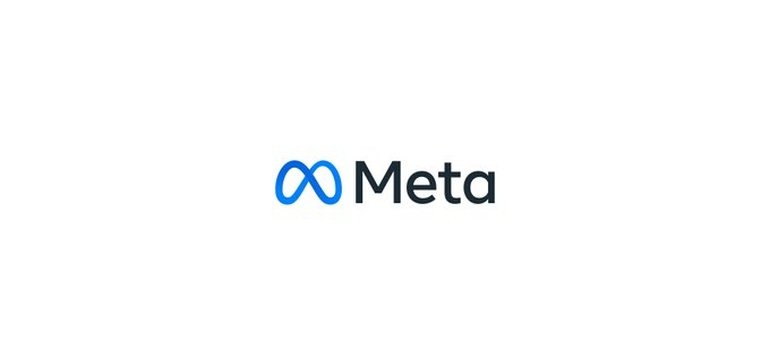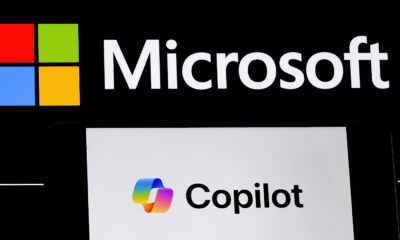SOCIAL
Meta Provides New Recommendations to Help Advertisers Lessen the Impacts of Apple’s ATT Update

It’s the shift that has upended many aspects of the online ads ecosystem.
Apple’s ATT update, which prompts users to opt-in to individual app tracking on iOS devices, has lead to some major headaches for Meta, with the company repeatedly warning in its quarterly earnings calls that the change will continue to cause significant ‘headwinds’ in its ongoing growth outlook.
At the same time, Meta’s working to lessen those impacts as best it can, and this week Meta has outlined how its latest efforts have reduced the underreporting of iOS web conversions from 15% in September last year, down to approximately 8% today.
Which is still a significant discrepancy, but Meta says that the losses are being offset, to at least some degree, because advertisers are heeding its advice in implementing various measures to reduce the impacts.
And now, Meta has published some new recommendations to help advertisers maintain their data flows, and improve the performance of their campaigns.
First off, Meta says that advertisers should integrate with the Conversions API, which will provide more insight into consumer pathways.
As per Meta:
“Advertisers sending their events through the Conversions API can better measure ad performance and attribution across their customer’s full journey, from discovery to conversion, while offering the same privacy protections we’ve put in place across our other Business Tools.”
Meta also recommends that advertisers verify all of their domains, especially for brands looking to track performance across multiple websites, while it also says that businesses should ensure that their conversion events are aligned with their campaign priorities.
“Be sure to check the order of your 8 events in Events Manager to ensure your most valuable goals are ranked first. For example, if purchases are your top priority, make sure purchases are in the number one spot.”
Meta also recommends that brands allow some time before analyzing campaign performance, due to delayed data and modeled reporting (Meta recommends giving conversion-optimized campaigns at least 72 hours), while for App Conversion campaigns, it also recommends that brands use a 24-hour conversion window to help its ad systems optimize “for the fastest and most predictable feedback cycles”.
Meta also says that its machine learning ad recommendation and audience tools are improving, which can help to limit the impacts.
“For example, our internal lift studies showed that Detailed Targeting Expansion, which uses an advertiser’s targeting preferences, such as interests, as a guideline to find additional audiences, had a 37% lower median cost per incremental conversion than when not used.”
Meta also suggests showing your ads across 6 or more Placements – “like on Facebook Marketplace or in Instagram Stories”, which can give its system more flexibility to control costs and generate better results.
Really, there’s no Band-Aid solution – the only way to mitigate the data losses will be through a combination of measures, with each diluting the impact a little more, but none will provide a full replacement of iOS insights.
The ATT update has impacted Facebook and Instagram ads in two ways – first, the accuracy of Meta’s ad targeting system has inevitably decreased due to more people opting out. Less accessible data makes it harder to determine audience interests, which, in turn, increases the cost of driving outcomes. The other impact is in measurement – with more people opting out, that essentially blinds Meta from determining campaign outcomes for those users.
Of course, this largely comes down to how many people actually choose to opt out of in-app tracking, and according to industry estimates, up to 62% of iPhone users are indeed choosing to not let Meta track their usage.
It doesn’t help that Meta already has such a poor record on data privacy, and how it uses the insights it can glean, nor does the fact that Meta’s apps suck in as much data as possible, and those broader concerns, which have long helped Meta to construct more intricate, accurate targeting, are now hurting it in the same way, given users have the option.
Which is why it’s working to mitigate any potential losses or damage to its ad business as a result – though again, as Meta has repeatedly warned, there will be major impacts moving forward. The company recently said that it will likely lose around $10 billion in ad revenue this year alone due to Apple’s ATT prompts.
If you were wondering why Meta is so mad at Apple for the update, that’s a fair indicator, but with the broader push towards more user privacy and data control, it doesn’t seem like Apple will be changing course, and if anything, such impacts will only worsen over time, with Google also exploring similar initiatives.
Best, then, to get familiar with these mitigation tools and tips, which could help to maximize your campaign performance in the face of these challenges.
You can read more about Meta’s latest recommendations and options here.
Source link



















You must be logged in to post a comment Login